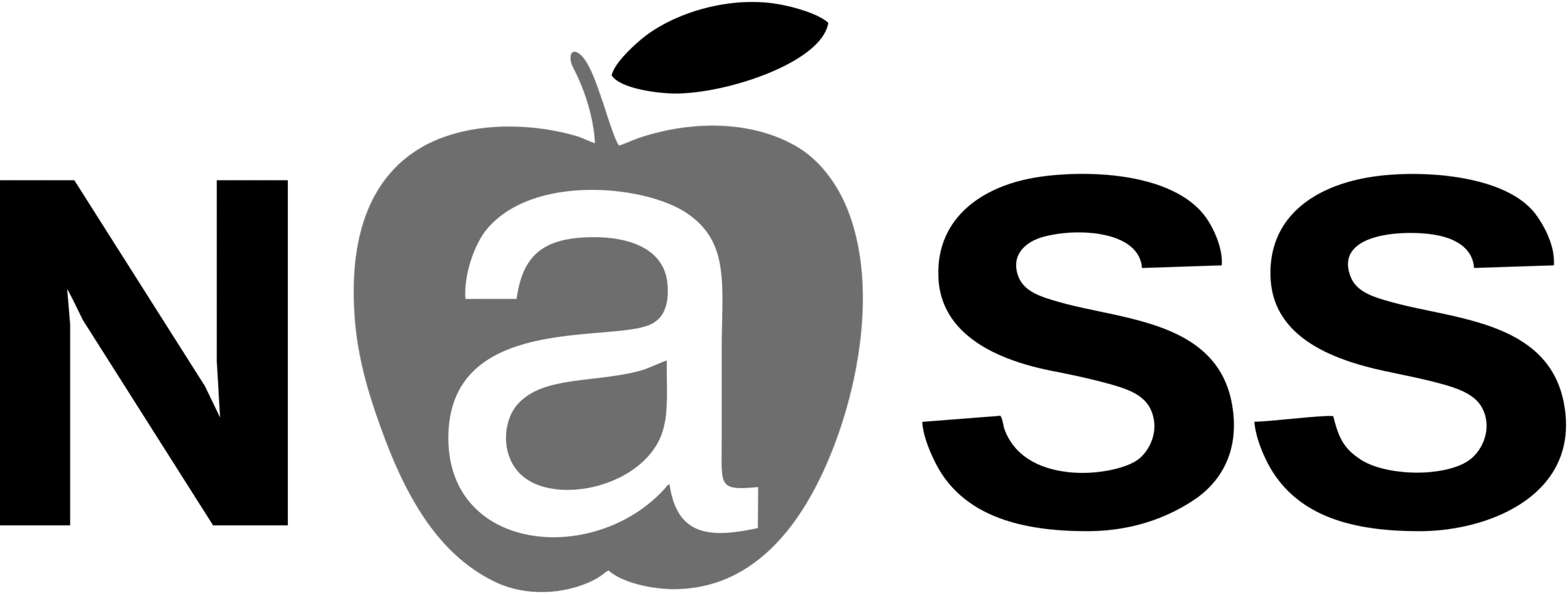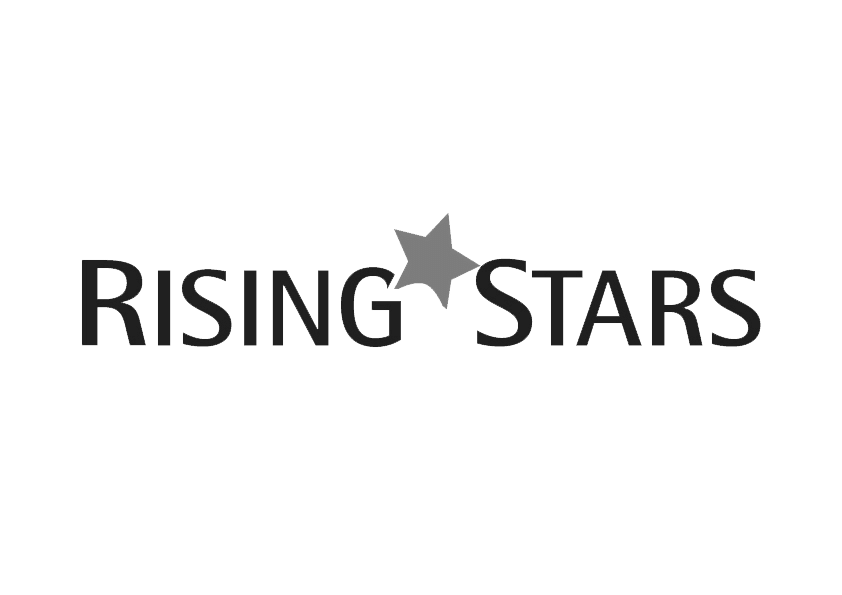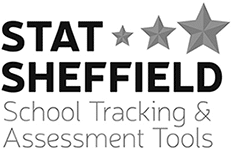
If I only had been given a pound for every school that asked me that question… “What is everyone else doing?”
And yet this very simple question raises questions for me too about what any of us are doing with tracking and assessment during these days, and more importantly, why? Coronavirus has put so many more schools into pockets of isolation, so I feel now is the time to challenge this thinking.
Having been supporting schools countrywide in their tracking and assessment for some years now, I have witnessed the ‘Life without levels’ generation be born, embed and reach maturity. We have moved from the denial “No, I need levels, this can’t be happening” to the acceptance “Okay, so it’s gone, what can I do” and yet so many still feel acutely isolated in their choices of methods without the government directing us. For schools, the new prescription became whatever system they could manage to use, be it Target Tracker or Classroom Monitor, School Pupil Tracker Online or SIMS. Local Authorities intervened but only in some areas. The early generation simply jumped onto the new ‘bandwagon’.
As tracking systems began to introduce elements of choice to their settings, the cautious still clung to ‘default recommended’ settings and sat comfortable with the ‘everyone else’ choice. One thing we know is that there is no prescribed standard method for gathering assessment information. We are free to use formal tests, collect formative assessment information or simply take a teacher’s judgement intermittently. Indeed, we are free to choose to do nothing – should we be so brave!
My life as a consultant has taught me, in no uncertain terms, that schools vary – Hugely. More hugely than you can possibly imagine. Before my days travelling to schools, I had already worked across five local authorities in several schools, and felt I had a good handle on the kind of variations that exist between schools. Indeed, it appears I did not. The further afield I ventured, the more amazed I became at how many different settings and circumstances I saw and how many different solutions to problems emerged.
As I journey (virtually) around schools now, I am clear in my conviction that we must embrace the freedoms we have. I sometimes feel like I am back in a classroom scolding the child who keeps turning around to see their neighbours’ work: “Keep your eyes on your own work, I don’t want to see copying”. The reality in the world of school assessment is that we are not looking to reduce our own workload or freewheel through the world of school management. Rather, we are genuinely researching our options, being a magpie and cherry-picking inspiration from others and of course trying to reassure ourselves that we are not wide of the mark and making a fool of ourselves.
However, I suggest the energy in schools is better put into serious consideration of what is right for them. By leadership addressing some basic questions:
- What information do we need about children’s learning?
- What information do others need to see? (external stakeholders)
They can then move to consider the journey that children make through the school under the skilful eye of the teachers. They can then ask:
- What does each teacher need to know about children they receive?
- What information emerges from the curriculum we provide?
Performing this simple activity in school, I have seen so often the results will set a clear agenda for data collection and tracking, and suddenly it can turn around the workload for teachers and the analysis burden on leaders.
The return to school after the six-month closure has shaken from the woodwork questions we had stopped asking: “How do we baseline the children?”, “How do we get them swiftly on track” and, biggest of all, “What is expected as acceptable standards when Ofsted start to visit again?’. And of course, that same old friend, “What is everyone else doing?”.
So, it is time to reassess what you are doing and resist the temptation to use solutions that work for others. Be brave, be bold and be successful. If you are a school who has already chosen to use Educater for data tracking, then you are well set for choosing your own route. Educater’s system can place you in the driving seat and create a solution that you need.
Author: Karen Thompson















